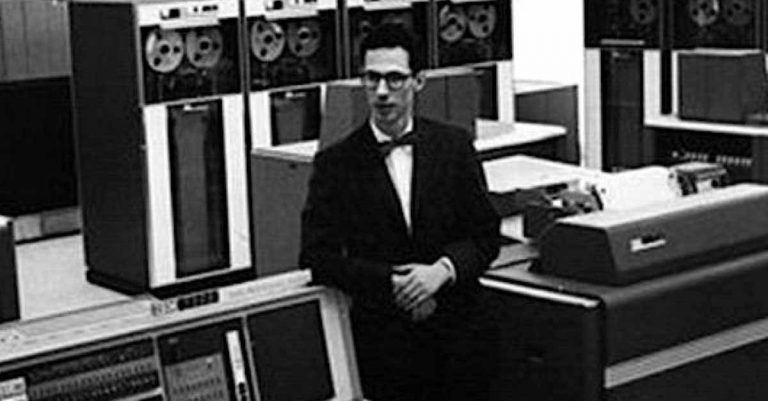History of Passwords
Passwords have been used for centuries as a means of authentication and access control. The use of secret codes and symbols to protect valuable information can be traced back to ancient civilizations such as the Egyptians, Greeks, and Romans. For example, the ancient Greeks used a cipher called the scytale, which involved wrapping a message around a rod in a specific way that only the intended recipient could decipher. Find out more curious password facts below for our World Password Day special!

In medieval Europe, passwords were used as a way for knights and soldiers to identify themselves to one another during battles. This system of passwords was also used by communities and secret societies, which required members to know a particular phrase or symbol to gain entry.

The Knights Templar, a medieval Christian military order, used a secret code known as the “Templar cipher” to communicate during their campaigns. The code involved replacing letters with symbols and rearranging words to obscure their meaning.
During World War II, British spies used passwords to identify themselves to one another in occupied Europe. The passwords were often based on pop culture references, such as lines from popular songs or poems, to make them difficult to guess.
Invention of the Digital Password
In the early days of computing, passwords were used to protect mainframe computers and restricted access to only a few authorized users. However, as computing technology advanced and became more widely accessible, passwords became a crucial component of online security.
The first digital password was invented in 1961 by MIT computer science professor Fernando Corbato. He created the Compatible Time-Sharing System (CTSS), which allowed multiple users to access a single computer system simultaneously. To ensure each user’s privacy and security, Corbato developed a system of passwords that would grant access only to authorized users.
World Password Day – The Importance of Passwords
Today, passwords are used to secure everything from email and social media accounts to online banking and e-commerce websites. They are essential for protecting sensitive data and personal information from unauthorized access and theft.
Despite their importance, passwords are often the weakest link in the security chain. Users tend to choose weak passwords that are easy to guess or reuse the same password for multiple accounts. Additionally, cybercriminals use a variety of techniques, such as phishing and brute force attacks, to obtain passwords and gain access to sensitive information.
To combat these security threats, the concept of World Password Day was introduced in 2013. The aim of this day is to raise awareness about the importance of strong passwords and educate users on best practices for password management.
Best Practices for Password Management
So, what makes a strong password? A strong password should be complex and difficult to guess. It should be at least 12 characters long and contain a mix of upper and lower case letters, numbers, and special characters. It’s also important to avoid using easily guessable information, such as your name, birth date, or pet’s name, as part of your password. Another crucial aspect of password security is using unique passwords for each account. This way, if one password is compromised, it won’t put all of your accounts at risk.
When it comes to online security, the importance of using unique and strong passwords cannot be overstated. However, with so many accounts to manage, it can be challenging to remember complex passwords for each one. This is where a password manager, such as pCloud Pass, can provide a solution.
pCloud Pass can significantly enhance your online security and you can be assured that your passwords and other sensitive data are stored in a highly secure and encrypted environment. With pCloud Pass, you can manage and store your passwords with complete peace of mind, knowing that your data is always kept safe and secure.

In conclusion, passwords have a long and rich history, and they remain a vital component of online security today. As we celebrate World Password Day, let us remember to prioritize strong passwords and secure password management practices to protect our sensitive information from cyber threats.
